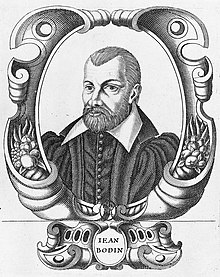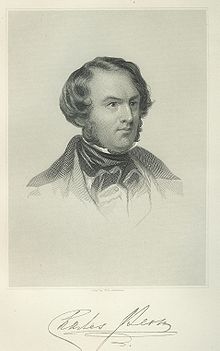Bayazid Bastami Biography

Abū Yazīd Ṭayfūr b. ʿĪsā b. Surūshān al-Bisṭāmī (al-Basṭāmī) (d. 261/874–5 or 234/848–9), commonly known in the Iranian world as Bāyazīd Bisṭāmī (Persian: بایزید بسطامی), was a Persian Sufi, from north-central Iran. Known to future Sufis as Sultān-ul-Ārifīn ("King of the Gnostics"). Bisṭāmī is considered to be one of the pioneers of the concept of fanā, the notion of passing away in mystical union with the deity. The ecstatic sufi is one who openly expresses his love for the deity while neglecting social customs and consequences. Bastami, who was famous for "the boldness of his expression of the mystic’s complete absorption into the Godhead,". Many ecstatic utterances (shathiyāt) have been attributed to Bisṭāmī, which lead to him being known as the "drunken" or "ecstatic" (sukr) school of Islamic mysticism. One of these shathiyāts, "Glory to me" remains a huge controversy within Islam. Such utterance may be said to be "blasphemy, insanity," or as Bisṭāmī's followers would argue, Bisṭāmī has passed away with mystical union and the deity is speaking through his tongue. Bisṭāmī also claimed to have ascended through the seven heavens in his dream. His journey, known as the Mi'raj of Bisṭāmī is clearly patterned on the Mi'raj of the Prophet Muhammad. Bisṭāmī is characterized in three different ways: 1) a free thinking radical, 2) a pious Sufi who is deeply concerned with following the sha'ria and engaging in "devotions beyond the obligatory," 3) a pious individual who is presented as having a dream similar to the Mi'raj of Muhammed. The Mi'raj of Bisṭāmī seems as if Bisṭāmī is going through a self journey; as he ascends to through each heaven, Bisṭāmī is gaining knowledge in how he communicates with the angels (e.g. languages and gestures) and he the number of angels he encounters increases.
Read about Bayazid Bastami in Wikipedia










